New York, Jan 03, (V7N) - In the small town of Quinter, Kansas, Joni Kerns, who has owned a Dairy Queen for 25 years, coughs behind her mask as she serves customers. She is battling her sixth case of COVID-19, which she believes she caught on a recent trip to Las Vegas. Despite the ongoing struggle, she says, "Surviving so far... still among the living."
Five years after the virus first spread across the world, it continues to impact daily life in the United States. It has shaped how people live, work, and connect with each other, especially in small towns like Quinter.
Quinter, located in Gove County, once had the highest COVID-19 death rate in the nation. The virus hit the local nursing home particularly hard, killing 17 elderly residents in just a few days out of a population of about 2,600. As the pandemic unfolded, many residents in rural areas, including Quinter, believed they would be spared from its worst effects. However, the arrival of the virus shattered that belief and caused deep divides within the community.
The initial reactions to the virus were marked by confusion and disagreement. In late 2020, the town's leadership ordered mask mandates, but after pushback from the community, they quickly reversed the decision. This disagreement over how to handle the virus only fueled political tensions and eroded trust. The health care system, already under strain, was further weakened as medical workers resigned in frustration and fear.
Kerns, the Dairy Queen owner, has faced personal health struggles as a result of the virus, including worsened diabetes. While she initially got vaccinated, she now refuses to take the COVID-19 vaccine again, citing her belief that "God's in control" of her fate.
The pandemic also hurt community ties. Longstanding relationships were damaged, and some people stopped speaking to their neighbors over differences in how to deal with the pandemic. Law enforcement officer Mike Haase lost both his boss and friend, Gove County Sheriff Allan Weber, to COVID-19. Haase, like many, is still struggling with the emotional toll the pandemic has had on the community.
The virus also affected local institutions, including the Gove County Medical Center, which had to close its nursing home in 2023 after the pandemic caused financial strain. The closure displaced many elderly residents and led to bitterness among some residents, who blamed the hospital's decisions for bringing the virus into the facility. Despite this, the hospital has continued to receive community support, with many people still attending hospital events.
Small towns like Quinter, which rely heavily on community participation, were particularly vulnerable to the disruptions caused by COVID-19. The loss of volunteerism and community events during the pandemic has made it harder for towns to rebuild. With many people leaving for urban areas or working remotely, rural communities are seeing their populations shrink, and the impact of the pandemic has only accelerated these trends.
Businesses in Quinter have also struggled. Kerns has had to close her restaurant when staff members are unavailable to work, and she's considering selling it. The town has seen an increase in empty homes and businesses, signaling a decline in community involvement and local economic activity.
As Quinter continues to recover from the pandemic, the long-term effects remain clear. The bonds that once held the town together have been weakened, and many are concerned about the future. For now, people like Kerns are left to reflect on how COVID-19 forever changed their town and their lives.
END/SMA/NYC/AJ/



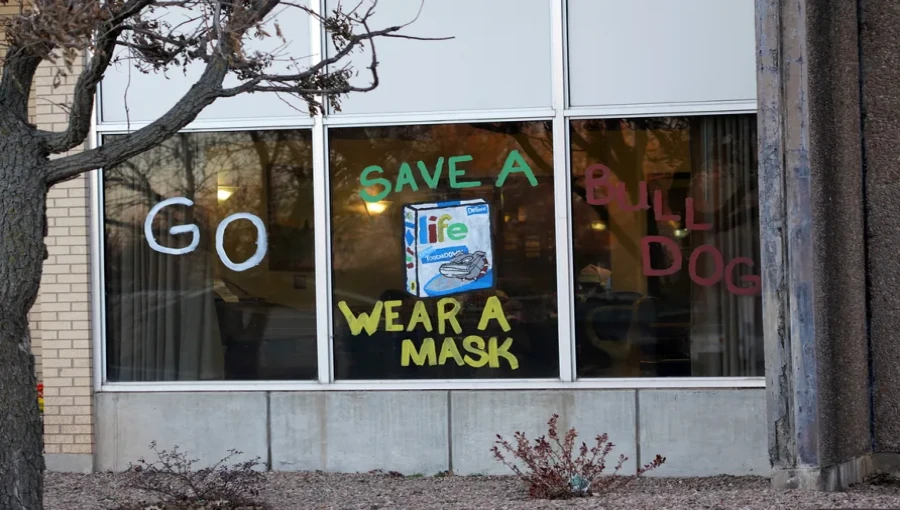

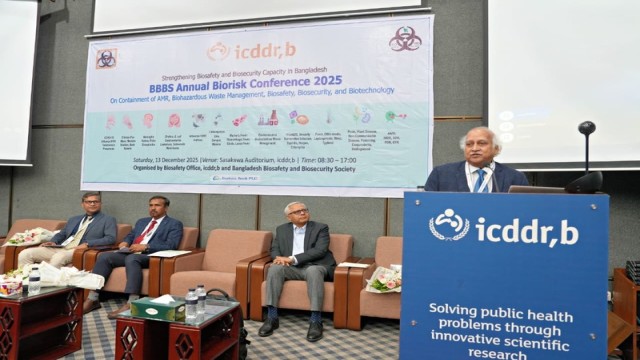

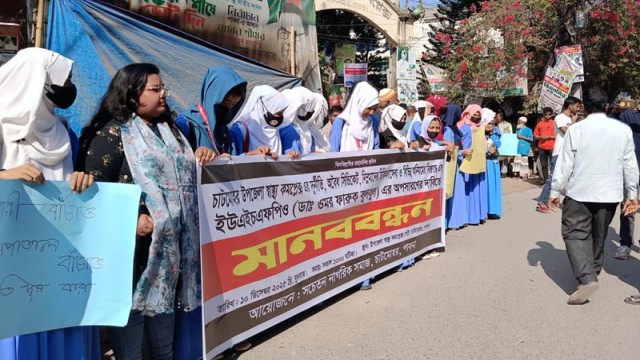
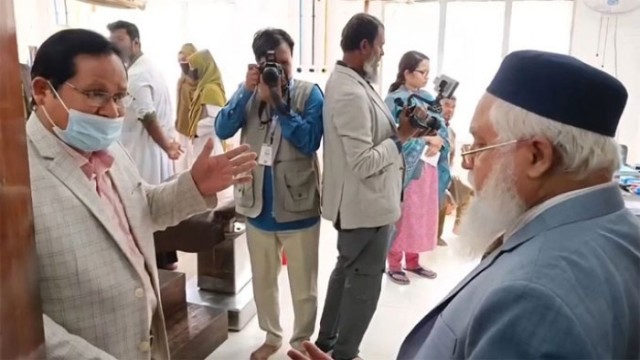
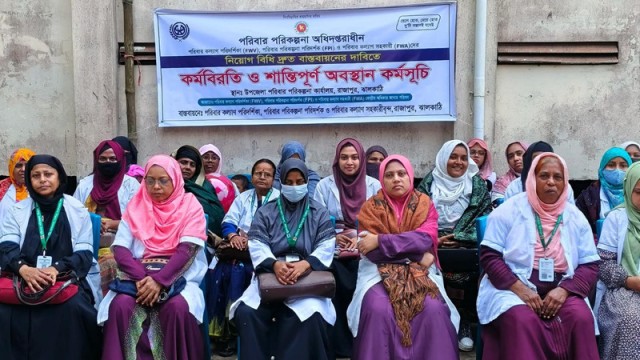
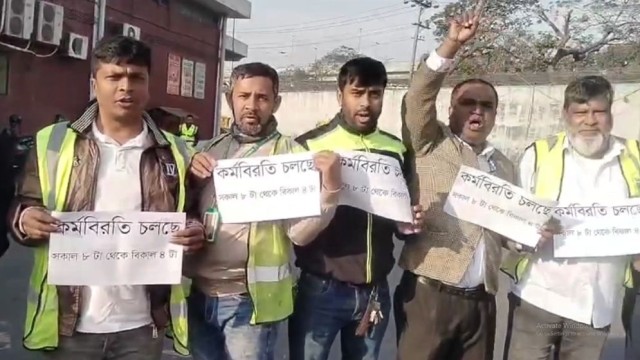




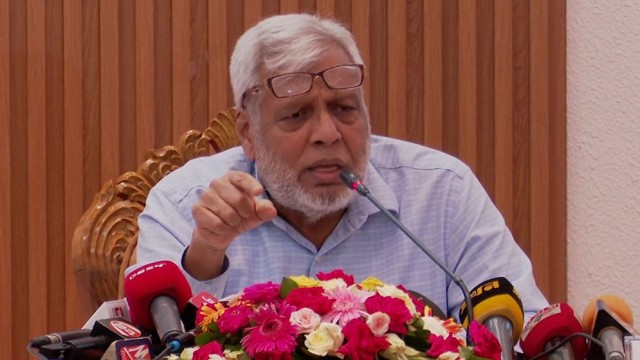



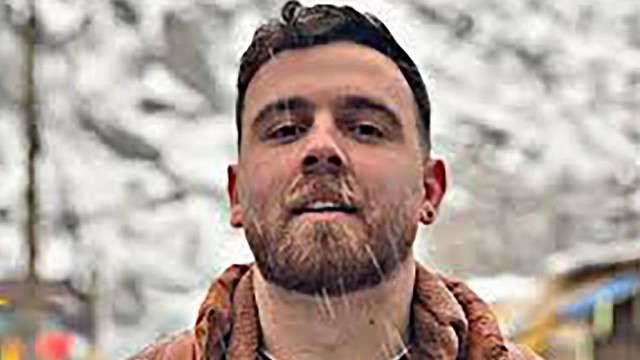








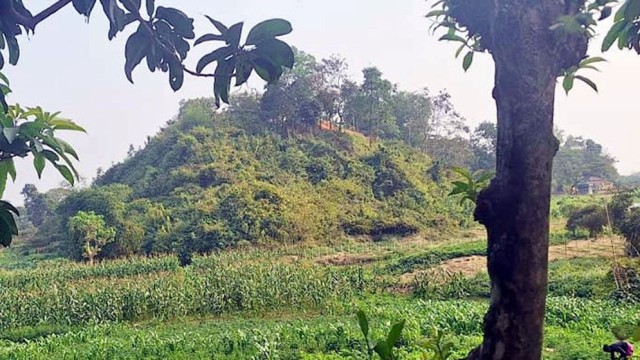


Comment: